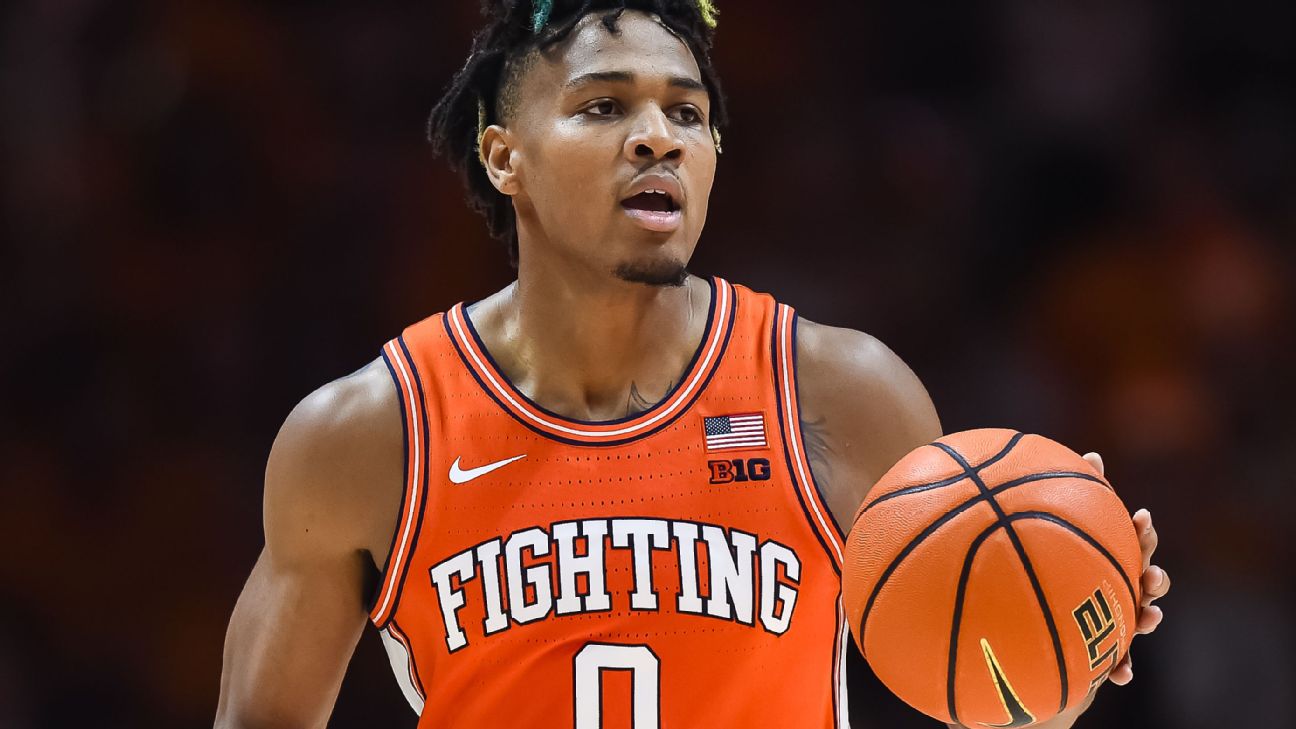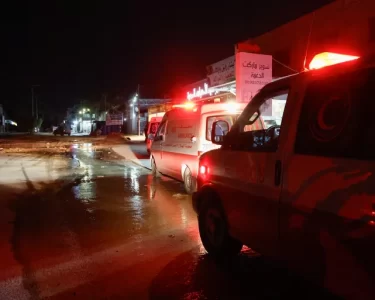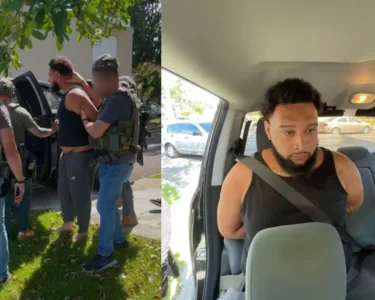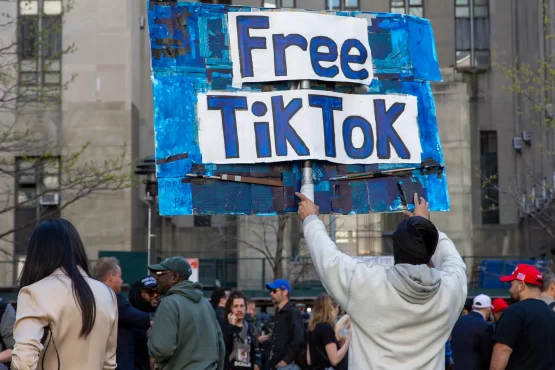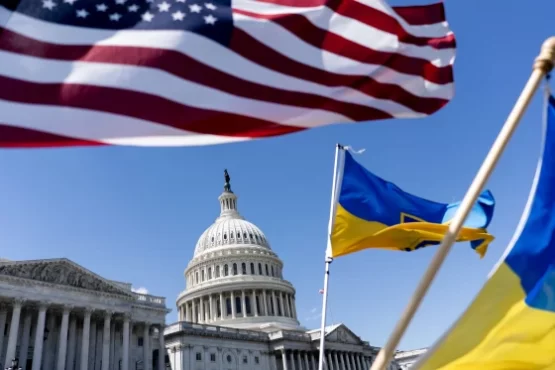Terrence Shannon Jr., a former standout basketball player for the University of Illinois, will face trial on June 10 for first-degree felony rape and felony sexual aggravated battery charges, as ruled by a Kansas judge during a preliminary hearing on Friday, according to an ESPN report.
Shannon, who pleaded not guilty during his arraignment, is accused of sexually penetrating a woman without her consent in September, when he visited Lawrence, Kansas, for an Illinois football game. The woman reportedly identified Shannon through a Google search and informed the police, leading to his arrest.
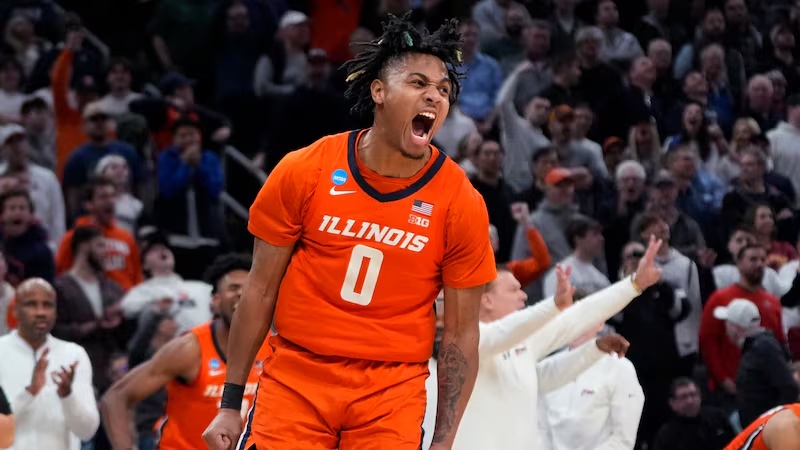
In December, the University of Illinois suspended Shannon indefinitely, causing him to miss six games after he was charged with “unlawfully, feloniously, and knowingly [engaging] in sexual intercourse with a person … who did not consent to the sexual intercourse under circumstances when she was overcome by force or fear, a severity level 1 person felony.”
However, Shannon was allowed to return to the team on Jan. 21 after receiving a temporary restraining order from a federal judge. He played a crucial role in leading the Fighting Illini to the Elite Eight in the NCAA Tournament.

If the June 10 court date remains unchanged, Shannon is expected to complete his trial before the NBA Draft, scheduled for June 26-27. This timeline could have significant implications for his professional basketball prospects.
Shannon’s legal team released a statement to ESPN on Friday, emphasizing that the judge’s ruling does not reflect on his guilt or innocence in the case. Mark Sutter, one of Shannon’s attorneys, stated, “Our legal team is neither shocked nor disappointed by the outcome of this event.
A preliminary hearing is a procedural process that merely speaks to the threshold of evidence and whether a question of fact may exist for a jury. It has nothing to do with guilt or innocence. Those issues will be decided at trial, and we continue to look forward to our day in court.”
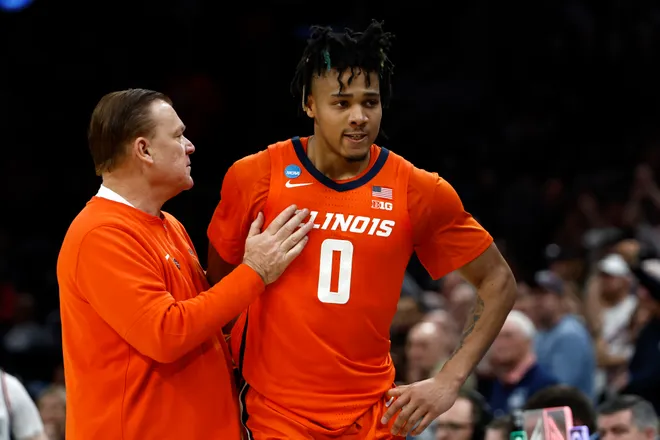
The case has garnered significant attention due to Shannon’s prominence as a college basketball player and his potential future in the NBA. As the legal proceedings unfold, the outcome of the trial could have far-reaching consequences for both Shannon’s personal life and his professional career.
The University of Illinois has not issued an official statement regarding the recent developments in Shannon’s case, and it remains unclear how the school will address the situation moving forward.
As the basketball community and the public await the trial’s outcome, the case serves as a reminder of the serious nature of sexual assault allegations and the importance of due process in the legal system.

